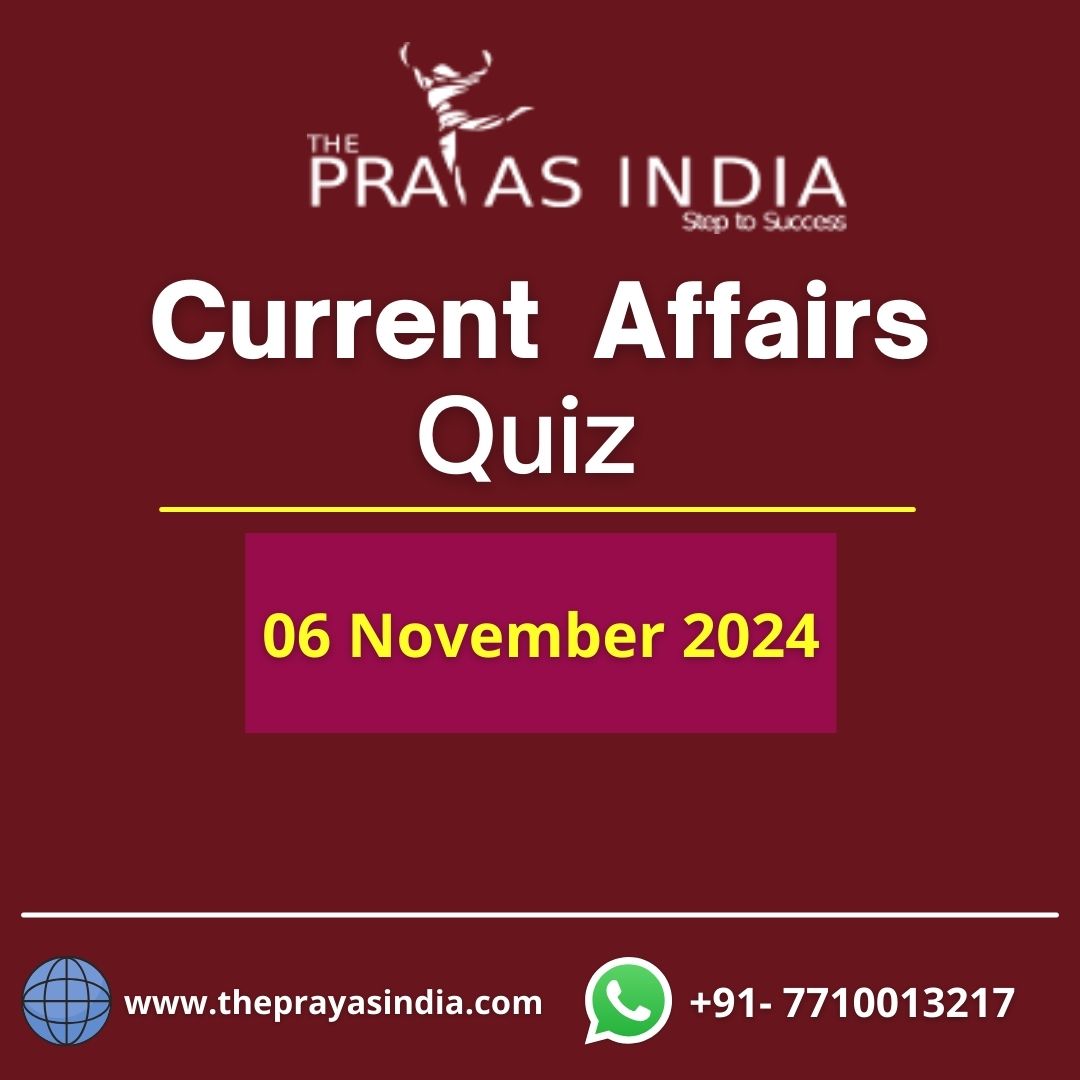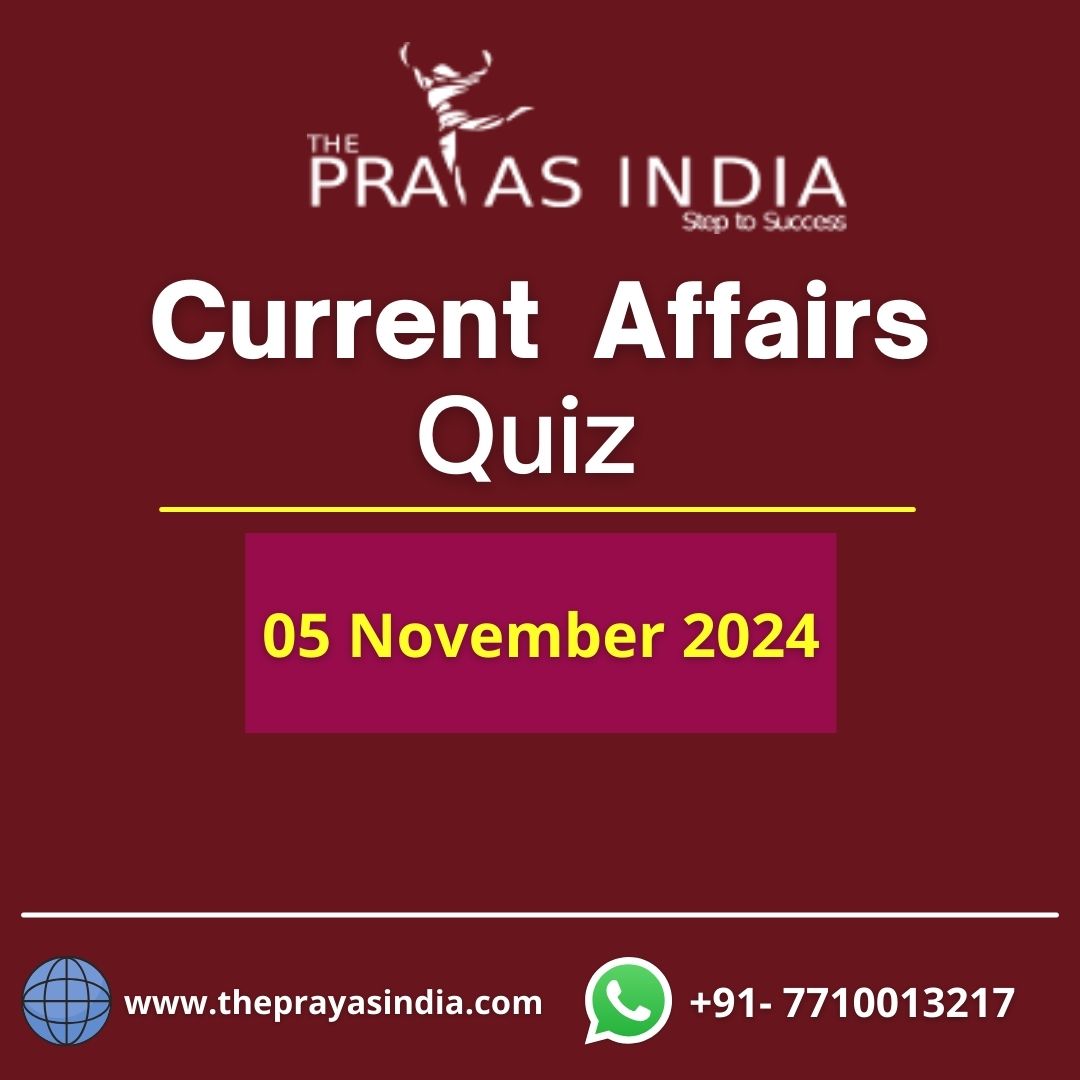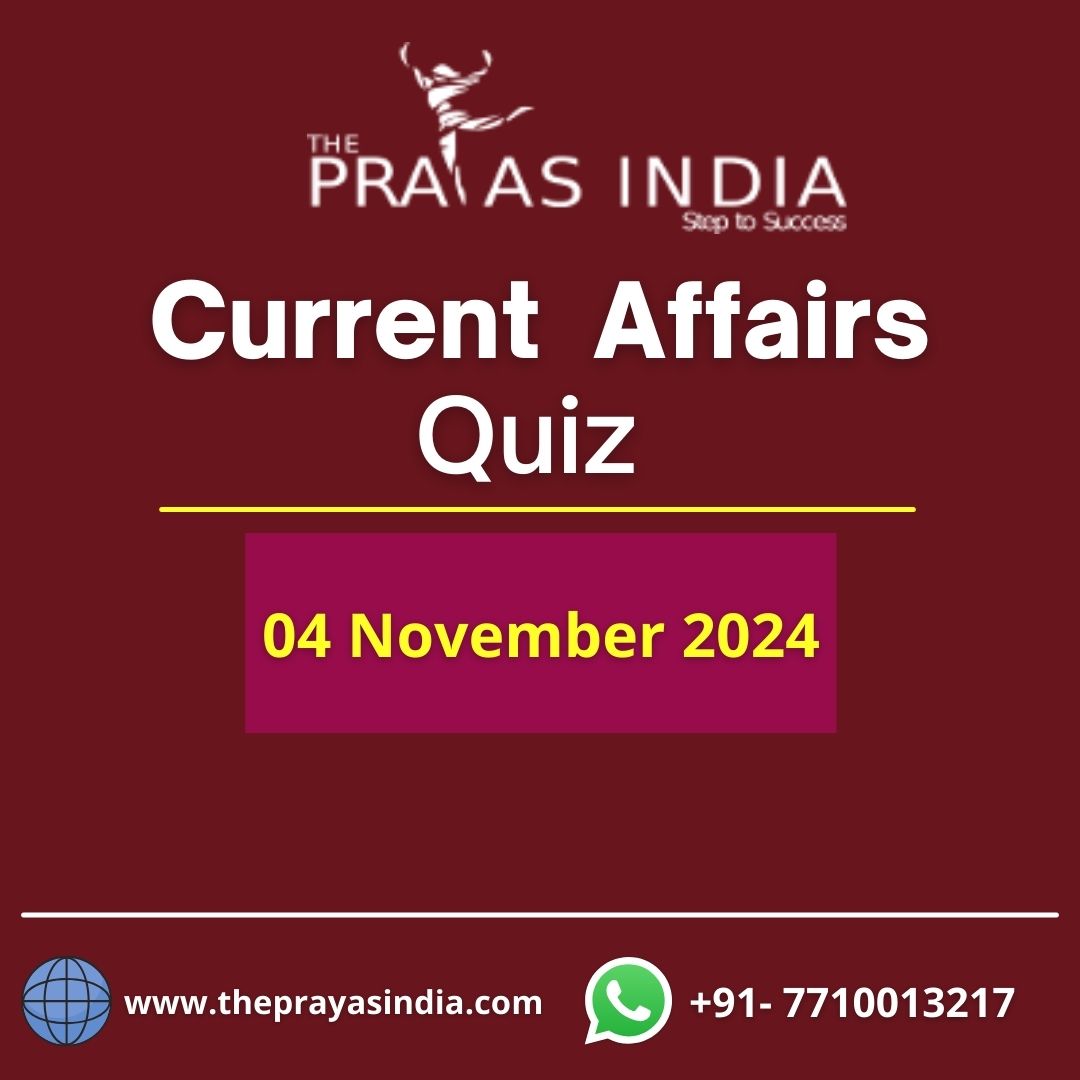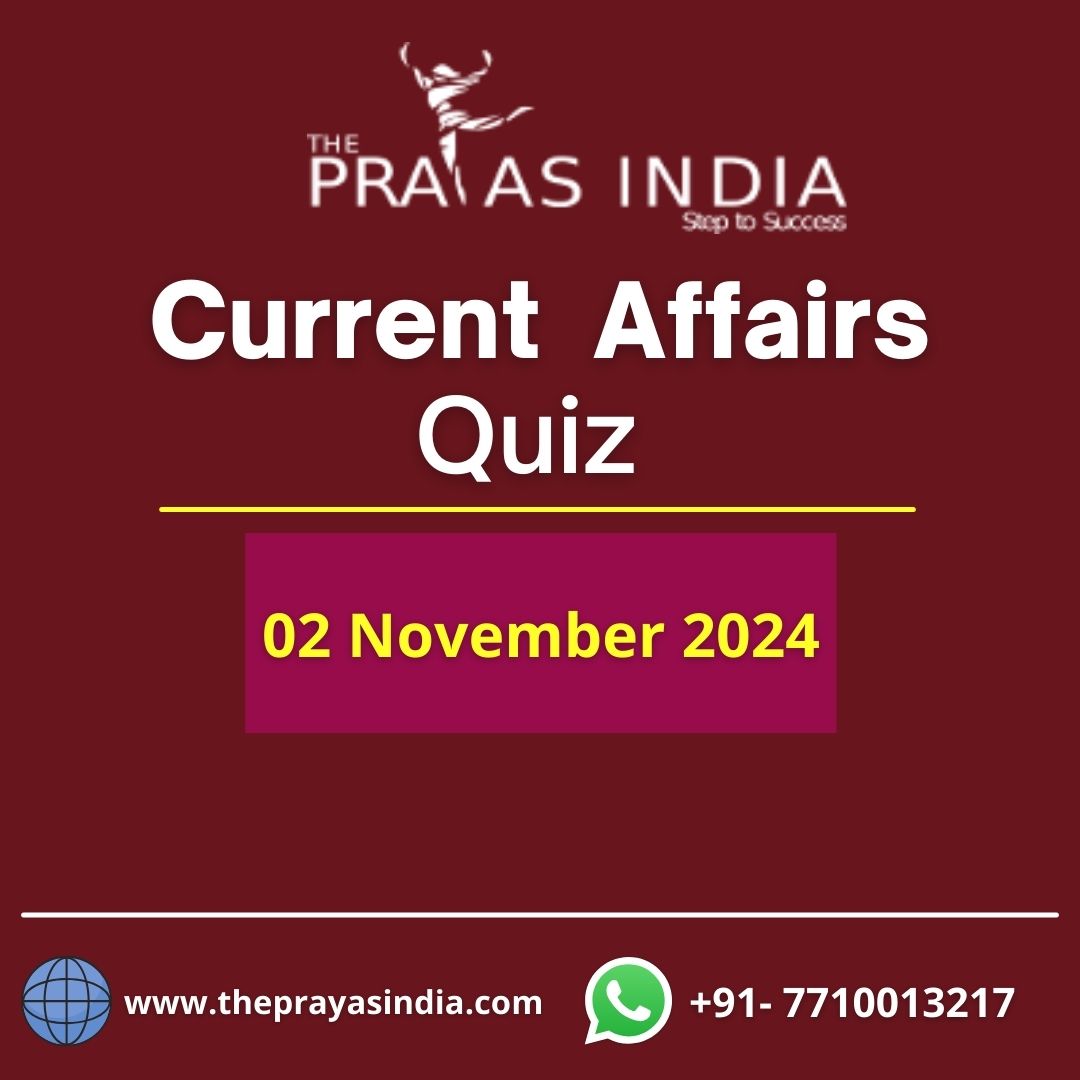Q1. How many nations does Qatar share land borders with?
(a) One
(b) Two
(c) Three
(d) Four
Ans: (a)
Explanation:
- Qatar has a land border with Saudi Arabia only. It has maritime borders with Saudi Arabia. Bahrain, Iran and the UAE.
Q2. ‘Vajramushti Kalaga’, sometimes mentioned in the news, is a/an/the
(a) collection of folk songs
(b) unique Indian martial art
(c) classical dance
(d) part of bhakti literature
Ans: (b)
Explanation:
- ‘Vajramushti Kalaga’, sometimes mentioned in the news, is a/an/the unique indian martial art.
Q3. Consider the following statements:
- In gestational surrogacy, the surrogate mother is not the biological mother of the child, as the embryo is created using the intended parents’ sperm and egg.
- In traditional surrogacy, the surrogate mother is the biological mother of the child, as she uses her own egg and the intended father’s sperm.
Which of the statements given above is/are correct?
(a) 1 only
(b) 2 only
(c) Both 1 and 2
(d) Neither 1 nor 2
Ans: (c)
Explanation:
- Context: The Supreme Court has intervened to protect a woman’s right to parenthood who suffers from a rare medical condition known as Mayer Rokitansky Kuster Hauser (MRKH) syndrome which left her without ovaries and a uterus, making it impossible for her to produce her own eggs for reproduction.
- What is Surrogacy?
- Surrogacy is a reproductive practice where a woman (the surrogate) agrees to carry and give birth to a child for another person or couple (the intended parents)
- Surrogacy can be gestational or traditional. In gestational surrogacy, the surrogate mother is not the biological mother of the child, as the embryo is created using the intended parents’ sperm and egg. In traditional surrogacy, the surrogate mother is also the biological mother of the child, as she uses her own egg and the intended father’s sperm.
- The Surrogacy (Regulation) Act, 2021, prohibits commercial surrogacy and only allows altruistic surrogacy. The act went into effect in January 2022.
- The act aims to protect women’s reproductive rights. It prohibits surrogates from receiving any financial compensation for their role, with the exception of insurance and medical coverage
Q4. International Migration Outlook report is published by the:
(a) United Nations Population Fund
(b) World Economic Forum
(c) World Trade Organization
(d) Organisation for Economic Co-operation and Development
Ans: (d)
Explanation:
- Context: According to the International Migration Outlook 2023 report Migration to Organisation for Economic Co-operation and Development (OECD) countries has reached record levels, with over 6 million new permanent immigrants in 2022.
- About OECD:
- The Organisation for Economic Co-operation and Development (OECD) is an intergovernmental economic organization that was established in 1961 (originally to administer American and Canadian aid under the Marshall Plan)
- The OECD is a forum where 38 governments (India is not a member) of democracies with market-based economies collaborate to:
- Develop policy standards to promote sustainable economic growth
- Find solutions to common challenges
- Develop global standards
- Share experiences and identify best practices
Q5. Which of the following statements about thallium is true?
(a) Thallium is a noble gas found in the Earth’s atmosphere.
(b) Thallium is commonly used in household batteries.
(c) Thallium is a highly radioactive element used in nuclear power plants.
(d) Thallium is a heavy metal element that can be toxic to humans.
Ans: (d)
Explanation:
- Context: Cases of Thallium poisoning have been rising in India, particularly in the Maharashtra
- About Thallium Thallium is a toxic metal element (symbol Tl) with atomic number 81, known for its extreme toxicity. It does not freely occur in nature. Thallium has no colour, odour or taste. Its use is regulated in India. Thallium is also called the “poisoner’s poison”.
- Historically used in low-temperature thermometers. Radioactive isotopes are used in medical imaging. Limited industrial applications.
- Health Hazards Extremely toxic when ingested or inhaled. Can cause severe health issues, including nerve and kidney damage.
- Mere contact with thallium can cause poisoning as it is highly soluble in water and can easily pass through the skin. It is also a suspected carcinogen.
- Prussian blue is used to remove thallium from the body.
- Thallium is known for its high toxicity and was historically used as a rat poison
- Saddam Hussein, the former president of Iraq, is alleged to have used it to murder his political opponents.




